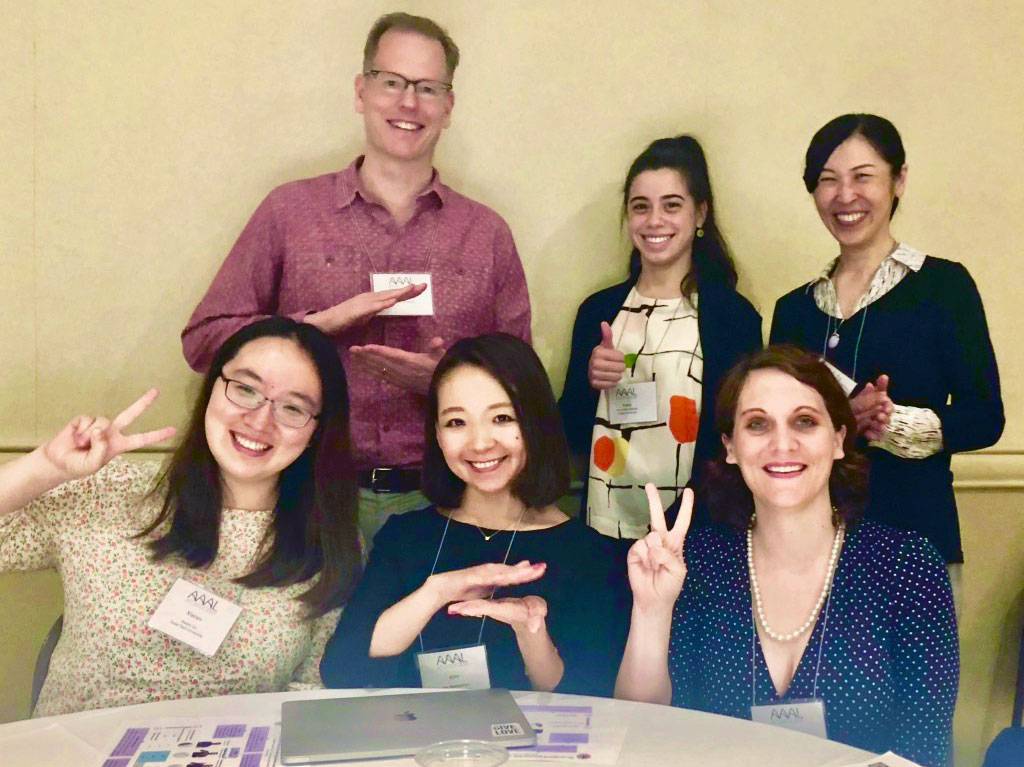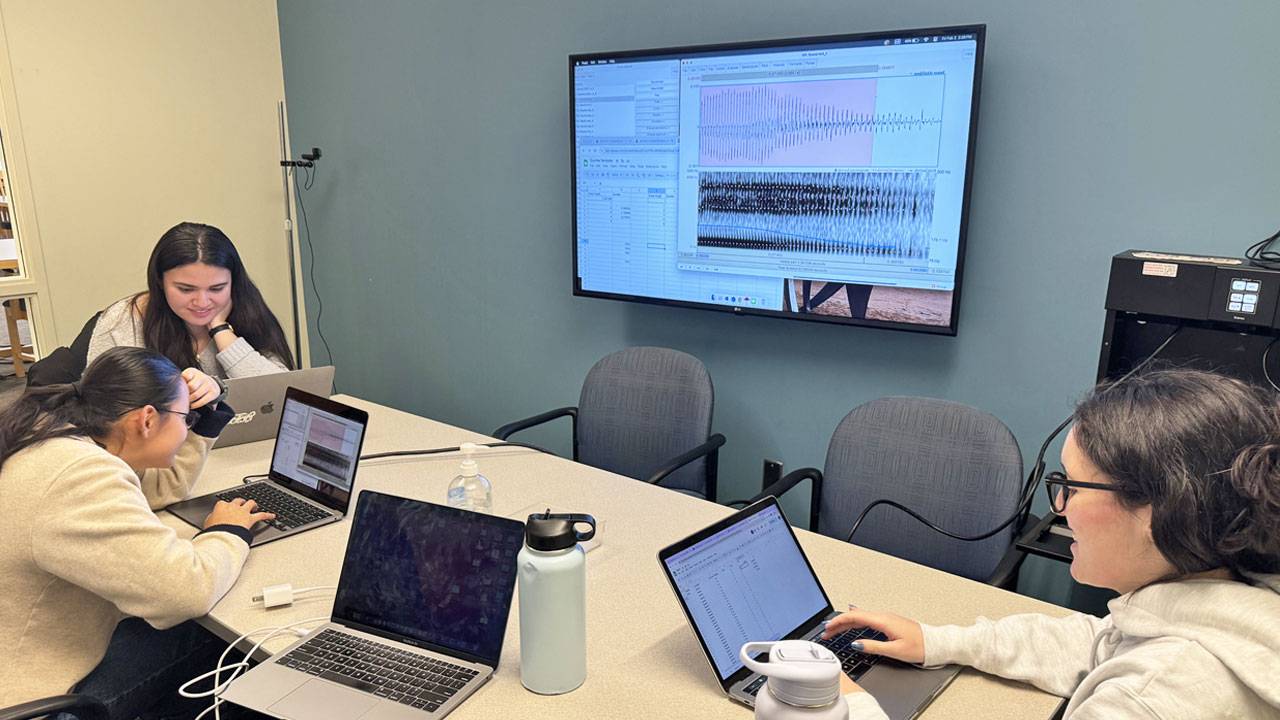
We live in an increasingly globalized world. In this changing environment, it is estimated that over half of the world's population speaks more than one language (Grosjean, 2010). Despite this, multilingualism — at least in the United States — is seen as the exception and not the rule. This view not only has implications for policy and educational practice, but also for how researchers study language and language learning.
The mission of the center is to scientifically explore questions regarding foreign language instruction and learning. Our approach is fundamentally interdisciplinary. Co-directed by a linguist Yukari Hirata and a cognitive neuroscientist Spencer Kelly, the CLB explores questions that cross traditional boundaries and tackle issues not possible to address within a single field of study. Here are three lines of inquiry that guide our work:
- How does learning a language change the way one thinks and experiences the world? Are there neurocognitive benefits of being multilingual?
- Is the capacity for adults learning a second language (L2) limited? What are the psychological and social consequences of speaking an L2 with a foreign accent?
- How can research in phonetics, psychology and neuroscience inform foreign language instruction? Are current best practices not good enough?
The limits of my language mean the limits of my world.
Ludwig Wittgenstein Tractatus Logico-Philosophicus

Supported by a three-year grant from the National Science Foundation, the center will initially focus on the third line of work. This project allows for integration of research into the educational experience of Colgate students, helping to expose them to the excitement of scientific inquiry. The project provides continued opportunities for students interested in the scientific study of L2 processing and learning. Further, maintaining connections between on-campus lab facilities — bridging different disciplines — for the behavioral and neural investigation of L2 learning enriches and diversifies science education at Colgate. Finally, because scientific approaches to this topic are nascent in the United States (we really do lag behind the rest of the world), we hope that the center brings exposure to research at Colgate on this emerging and important area of study.
Contact Information
- T 9:45am - 11:15am (113 Olin Hall)
- R 9:30am - 11:00am (113 Olin Hall)

